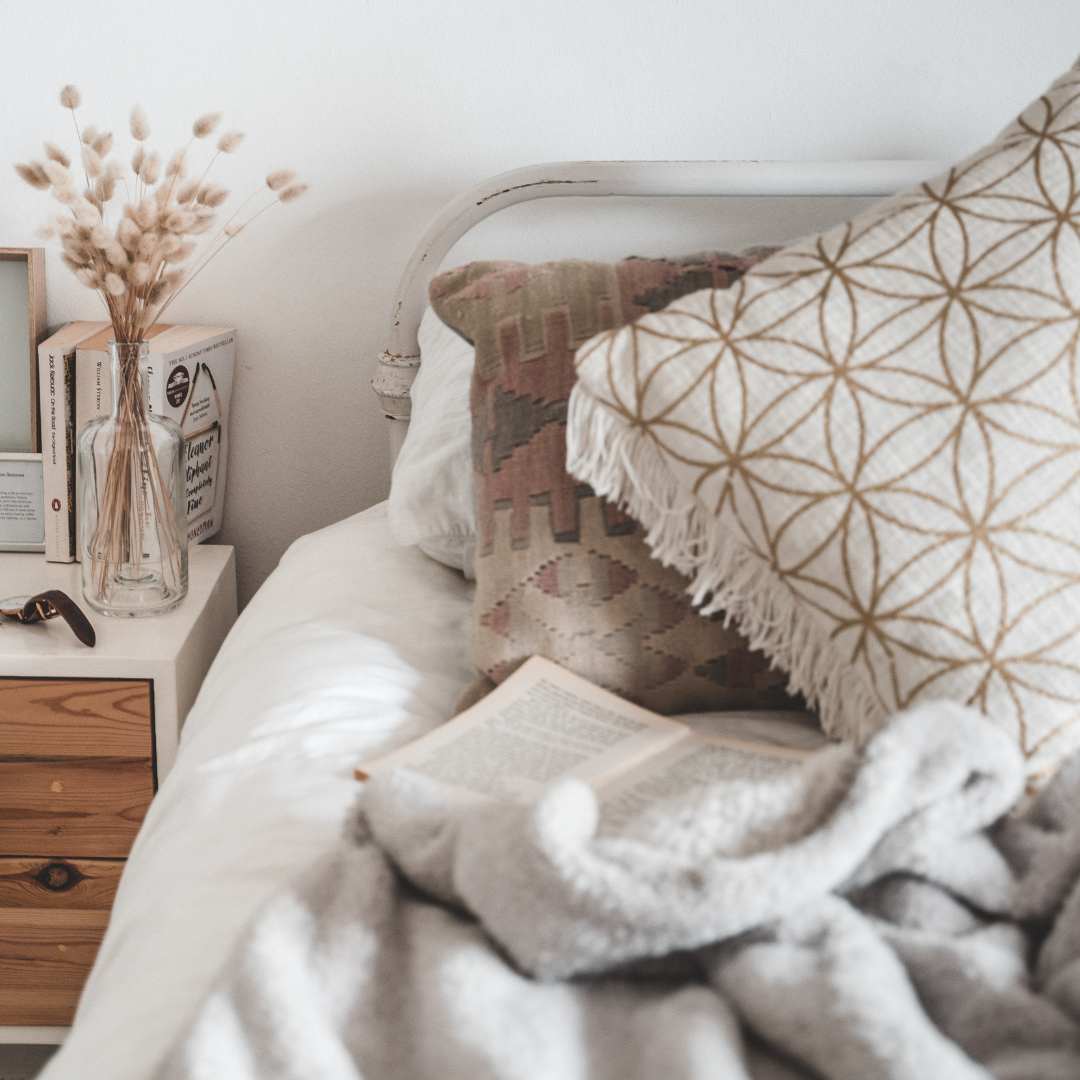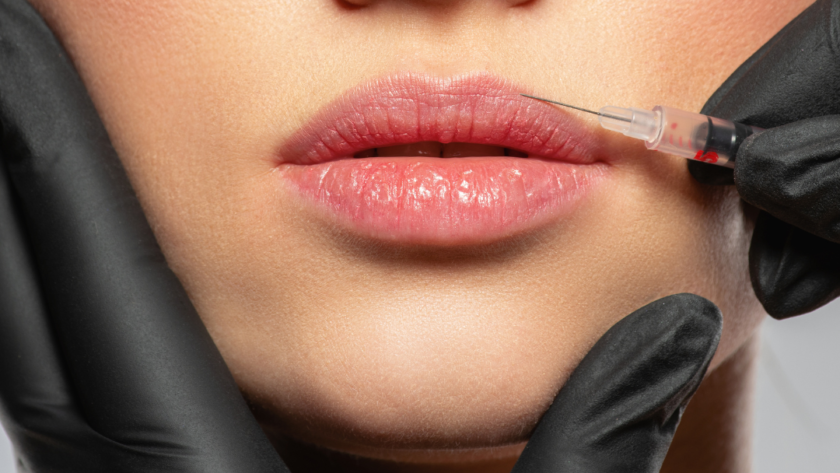Many people who are getting some cosmetic treatments worry about the first few days after. Of course, some cosmetic procedures will have more of an impact on your daily life than others – but in general, for anything that you have done, you should take some time out to take care of yourself.
Lip fillers will feel tender once the numbing has worn off, and they will swell up; jaws and cheeks can feel tender too. Peeling and anything abrasive leaves your skin feeling tender and sensitive, and any procedures like lifts or other cosmetic surgery – is surgery and should be treated as such.
Everyone reacts differently to pain and to the after-effects of the procedure, too, so consider how you generally react to things and decide what you might need. Also, take on board all of the instructions you’re given.
Will I need someone with me?
In some cases, like for a BBL, you will likely stay with the clinic in a nearby location so that you can be seen by a specialist. And after that, it is typically recommended you have someone stay with you until you feel comfortable.
Breast augmentation and facelifts will cause swelling and discomfort, and there are certain actions that you can’t perform, so having someone around is a good idea.
For smaller procedures like collagen jaw injections or lip filler, it isn’t necessary, but you might prefer it.
Anything that requires anesthesia will require you to have someone with you because you are not legally allowed to drive for a short while after surgery.
Who can I have with me?
The person you have with you should be someone you trust but also meets the following criteria:
- Understand your care instructions
- Can drive
- Has taken time off work to be available
- Can assist with lifting and moving (or picking up children)
- Can act on your behalf with the clinic
For those who don’t have friends and family available to help, there are services that have people who you can hire to fit that role. You will be their sole focus of care for the duration, and they are typically medically trained in some form.

What should I do after any type of cosmetic procedure?
When the body goes through any type of pain, it is perceived as a threat and will unleash some adrenaline into the body. Fight or flight mode naturally makes you tired, so that needs to be considered for even the smallest cosmetic procedure.
And, for those who have had a procedure that didn’t go well and are having it corrected, anxiety can be higher. Almost all cosmetic procedures can be corrected, from uneven lip filler and jaw lines to more significant things like a rhinoplasty revision; read more details about the surgery here.
So with that considered, the very first thing you should do is rest.
Rest
Once the procedure is done, no matter the size, your body will have a reaction to it. The body will begin to heal and naturally will be tired. For those who have had anesthesia, sleep and rest will be non-negotiable.
Comfort
Pain levels will need to be managed correctly. In some cases, you will have visits from a nurse; in other cases, you will be given a prescription for the medication. For smaller procedures, you will be advised what you can and can’t take – although usually, some paracetamol is okay, just to take the initial sting out of the pain.
In general, it is recommended that you should be recovering in a clean, well-ventilated room with soft pillows and blankets. Depending on the procedure, you may require wedge pillows, triangle pillows, memory foam, or specially shaped-pillows. You may also need extra protection on the mattress.
Having water nearby is essential so that you remain hydrated, and any lotions, ointments, and dressings nearby too.
Access to the bathroom should be free of clutter to make getting there as easy as possible.
Medication
Not all cosmetic procedures will require medication, but for those that do, you should be careful to understand what they are, what they do, and how many you should take. The wrong amount of medication can have disastrous effects. Whoever is helping you can help to make sure they are all in order.
Entertainment
Depending on the procedure, you may be unable to travel far from the comfort of the bed, in which case it is a good idea to have some of your favorite podcasts, movies, and TV shows ready to watch.
You may not feel like watching anything and instead may prefer to listen to gentle music or simply talk with the people around you. But having a selection is always a good idea!
Eating
With almost all procedures to the face, there will be some tenderness while eating and drinking – which means soup is usually a great idea as it requires very little in the way of effort. After anesthesia, most people aren’t comfortable with eating (and it can cause nausea or constipation, sometimes both).
Soft foods that are nutritious are ideal because they aren’t going to demand too much effort from your body and will help you with healing. Soft fruits and vegetables help incredibly with constipation. Smoothies with ginger can soothe nausea and help with other tummy troubles too.
One of the most important things you can do after any type of cosmetic surgery is to make sure that you are well-hydrated. Drinking plenty of water helps your body in the recovery phase.
If anything feels wrong, hot, too tender, or smells – even with the smallest incision site or just an injection site, it is vital that you get back in touch with the person who performed the procedure and get some advice. Most often, serious infections can be avoided if you act quickly.
Most often, cosmetic procedures can give us a boost of confidence that we feel we are lacking, and it can work incredibly well when used in combination with other boosters: Boosting Your Confidence In 2023: What Are Your Options? – Shabby Chic Boho.



